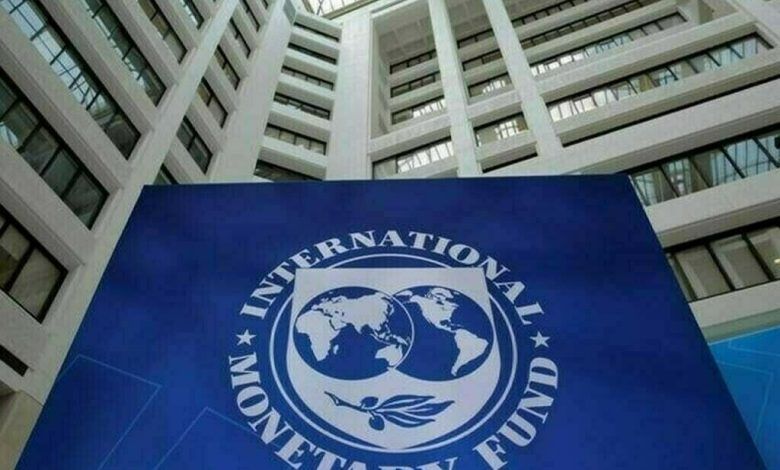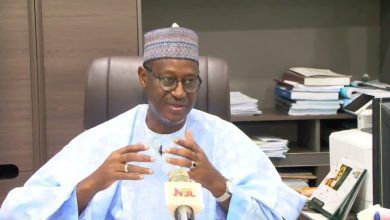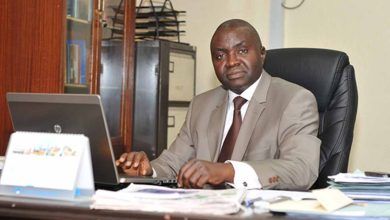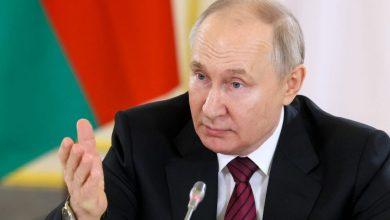
The International Monetary Fund (IMF) is preparing for a potential surge in funding support requests from African nations, as the economic fallout from U.S. President Donald Trump’s extensive trade tariffs begins to unfold. These tariffs, which took effect last week, are coupled with a prior freeze on USAID funding, leaving many African countries in a vulnerable position.
Growing Economic Vulnerability in Africa
The Director of the IMF’s African Department Abebe Aemro Selassie, expressed concern about the mounting economic pressures on African economies. Speaking in Dakar on Tuesday, Selassie acknowledged that the poorest and least resilient nations are increasingly turning to institutions like the IMF for support. He noted, “We live in a shock-prone world. The poorest and least resilient countries are increasingly turning to institutions like ours. I don’t rule out more African countries seeking support.”
Tariffs and Trade Disruptions
In 2023, Sub-Saharan Africa exported $29 billion worth of goods to the U.S., making it the region’s largest market after China, the UAE, and India. However, the tariffs imposed by the Trump administration are expected to disrupt these vital trade relationships. The U.S. tariffs come at a time when the global economic environment is already strained, reminiscent of the disruptions caused by the COVID-19 pandemic, which saw many frontier-market nations lose access to international capital markets.
IMF’s Call for African Strategy
Selassie highlighted that the future looks increasingly challenging for African nations, especially as the U.S. and other key financial partners have indicated reduced capacity to provide financial support. “This places an even greater responsibility on African nations to come up with strategies to offset these challenges,” he stressed.
While many trading partners have sought relief from the levies, President Trump remains resolute in his tariff strategy. During a meeting with Israeli Prime Minister Benjamin Netanyahu on Monday, Trump reaffirmed the importance of tariffs to his economic agenda, stating, “We’re not looking at that,” when asked about tariff relief, but leaving room for “fair deals and good deals with every country.”
Rising Tensions and Economic Fallout
The trade tensions escalated on April 2, when President Trump announced an additional 34% “reciprocal” tariff on Chinese goods, warning other nations not to retaliate. In response, China imposed a 34% tariff on U.S. goods last Friday, heightening the conflict between the world’s two largest economies. President Trump sharply criticized China for disregarding his warning and threatened to implement a further 50% tariff on Chinese imports, with this new tariff expected to take effect soon.
The ongoing trade dispute between the U.S. and China, coupled with reduced international support, is likely to exacerbate economic challenges for African nations, making the IMF’s role even more crucial in providing financial assistance and guidance to mitigate the adverse effects of these global trade disruptions.





